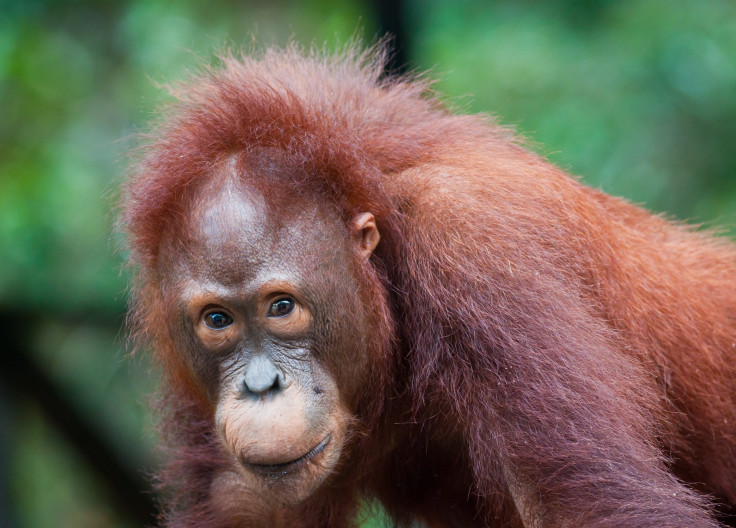Humans Burn 50 Percent Fewer Calories Than Other Animals: What Our Slow Metabolic Rates Say About Our Health And Longevity

In a new study, scientists found that humans burn way fewer calories than other animals do — and they attribute our long lives to our slow metabolisms.
What does our metabolism say about our overall health? When it comes to burning calories and how we use energy, metabolism has quite an impact on how we live our daily lives and how we define our lifestyles. People with quicker metabolisms are often able to keep off weight more easily, while those whose metabolisms have a slower pace often have to work harder to lose weight.
Humans and primates as a whole have much slower metabolisms than other animals that burn enormous amounts of energy during the day. Likewise, humans and primates have a much slower life “pace” as well: longer childhoods and greater longevity than other animal species. The international team of scientists who led the study wanted to better understand how primates used their energy every day, to see if their slower metabolism was linked to their slower pace of life. “The environmental conditions favoring reduced energy expenditures may hold a key to understanding why primates, including humans, evolved this slower pace of life,” David Raichlen, an anthropologist at the University of Arizona and a co-author of the study, said in a press release.
Published in the Proceedings of the National Academy of Sciences, the study found that “Humans, chimpanzees, baboons, and other primates expend only half the calories we’d expect for a mammal,” Herman Pontzer, an anthropologist at Hunter College in New York as well as the lead author of the study, said in the press release. “To put that in perspective, a human — even someone with a very physically active lifestyle — would need to run a marathon each day just to approach the average daily energy expenditure of a mammal their size.”
Interestingly, the researchers noted that primates living in captivity managed to burn as many calories a day as those in the wild, which stood to show that perhaps it’s not all about physical activity when it comes to daily energy burning.
The researchers believe that the study is a step in better understanding the evolution of our body’s metabolism, which can bring more light to issues such as obesity and aging. “Humans live longer than other apes and tend to carry more body fat,” Pontzer said in the press release. “Understanding how human metabolism compares to our closest relatives will help us understand how our bodies evolved and how to keep them healthy.”



























